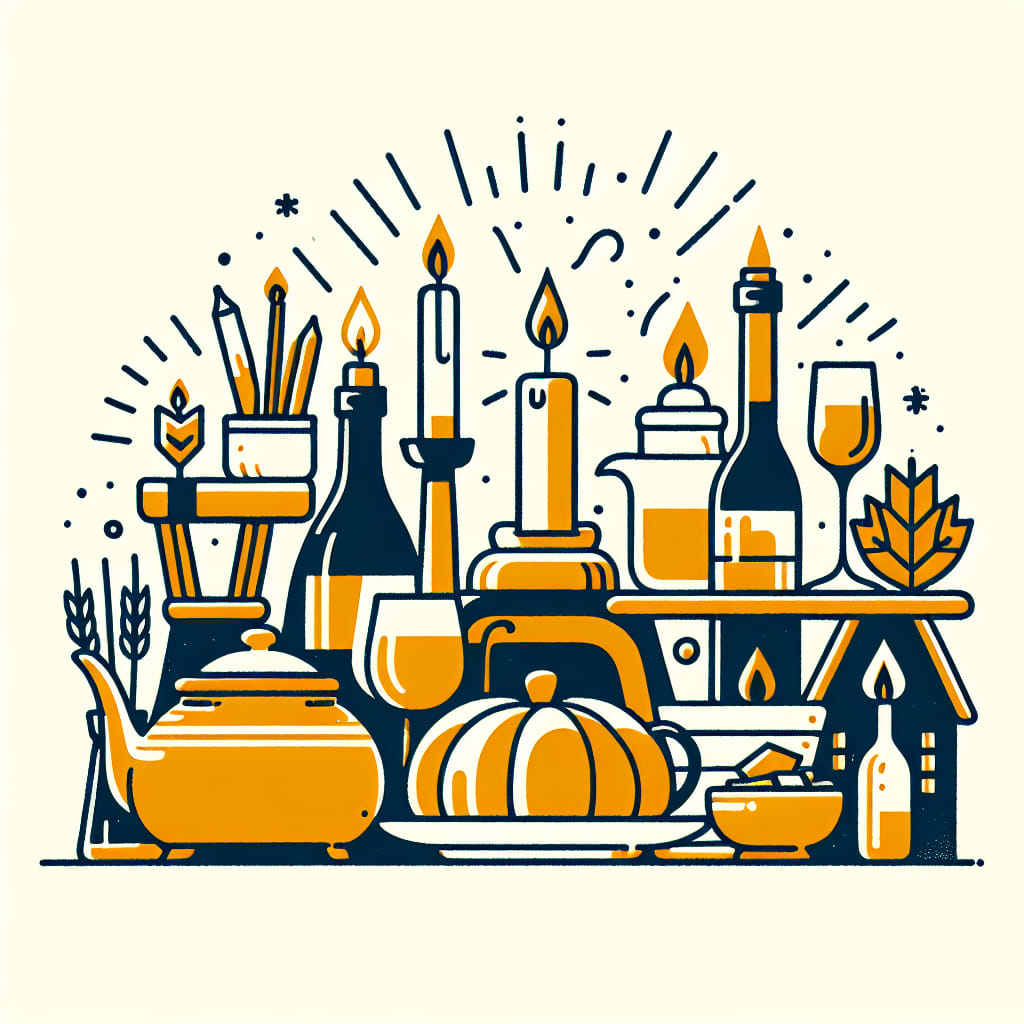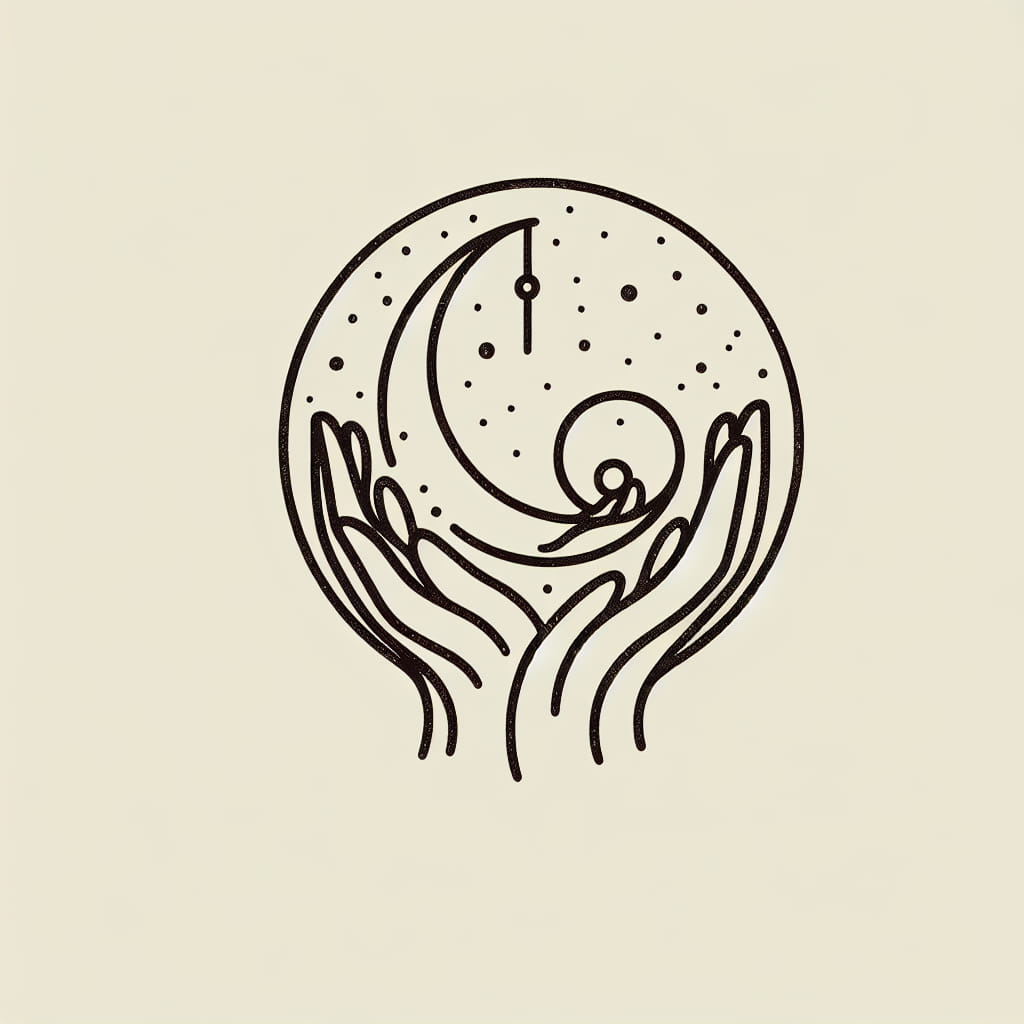· word of the day · 4 min read
Unlock the Essence of Dutch Culture: Mastering the Art of Gezelligheid in Language Learning
Explore the unique Dutch concept of gezelligheid and enhance your understanding of cultural nuances through language learning in our latest blog post

Discovering Dutch: The Charm of “Gezelligheid”
Learning a new language opens up a world of opportunities, not just in terms of communication, but also in understanding the culture and mindset of its speakers. One of the most fascinating aspects of language learning is coming across words that don’t have a direct translation in English. These words often carry unique cultural nuances and can offer a deeper insight into the values and everyday life of a community.
Today, let’s dive into an interesting and quintessentially Dutch word: “gezelligheid” (pronunciation: /ɣəˈzɛləxɛit/). This word embodies a concept that is central to Dutch culture but can be somewhat elusive to non-native speakers.
What Does “Gezelligheid” Mean?
“Gezelligheid” is a term that encompasses the heart of Dutch social culture. It refers to a sense of coziness, comfort, and conviviality. However, it’s much more than just a physical feeling; it’s an emotional state of warmth, belonging, and joy that comes from spending quality time with loved ones or enjoying a particularly warm and inviting atmosphere.
Cultural Significance
In the Netherlands, “gezelligheid” is considered a significant aspect of good living. It is often used to describe situations, gatherings, places, and even times of day. For instance, a family dinner, a meet-up with friends at a café, or even a well-decorated room can be considered “gezellig.” The word is so ingrained in Dutch culture that it is often used as a standard by which social events and spaces are judged.
Examples of Usage
- Describing an event: “Het feest was erg gezellig.” - The party was very cozy/convivial.
- Commenting on a space: “Wat een gezellige kamer!” - What a cozy room!
- Expressing a wish: “Laten we het gezellig maken.” - Let’s make it cozy/nice.
Idiomatic Expressions and Sayings
“Gezelligheid” also features in a few Dutch idiomatic expressions. One popular saying is: “Gezelligheid kent geen tijd,” which translates to “Conviviality knows no time.” This expression is used to suggest that when you’re having a good time, you lose track of time, emphasizing that the enjoyment of being together is more important than the passing hours.
Role in Literature and Folklore
In Dutch literature, “gezelligheid” often appears as a theme that highlights the importance of community and togetherness. Dutch authors like Jan de Hartog and Annie M.G. Schmidt have used the concept to ground their narratives in familiar cultural settings, making their stories resonate deeply with Dutch readers. In folklore, tales often revolve around communal gatherings where “gezelligheid” prevails, reinforcing the value of community bonds.
Learning “Gezelligheid” and Beyond
Understanding words like “gezelligheid” offers more than just a linguistic tool. It provides insights into the societal values and everyday practices of the Dutch people. For language learners, tackling such words can be both challenging and rewarding, as they encapsulate concepts that require a deeper cultural understanding.
By engaging with these unique terms, learners can enhance their language skills and gain a more profound appreciation for the cultural nuances that define a community. It’s not just about adding words to your vocabulary; it’s about embracing and understanding a way of life that might be different from your own.
Conclusion
“Gezelligheid” is more than just a word; it’s a doorway into the Dutch way of life. As you explore the Dutch language, keep an eye out for these culturally rich terms. They are the gems that will give you a deeper understanding of the language and the people who speak it. Whether you’re chatting with Dutch friends or planning a visit to the Netherlands, remembering the essence of “gezelligheid” can enrich your interactions and experiences.
Ready to dive deeper into the Dutch language and embrace the full experience of learning? Download Glosa and start your journey into mastering Dutch, one gezellig moment at a time!
Remember, every word you learn is a step closer to not just speaking a language, but living it. Happy learning!




